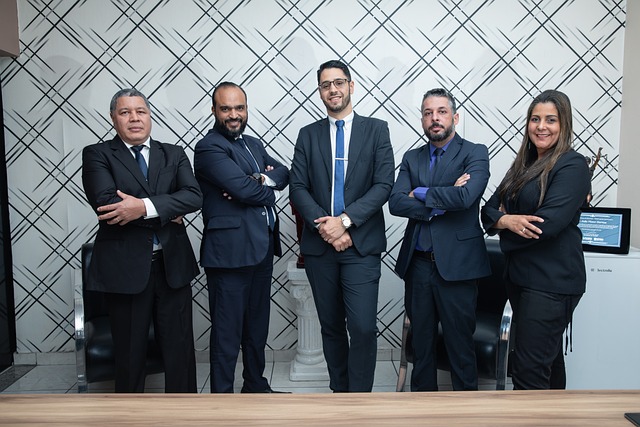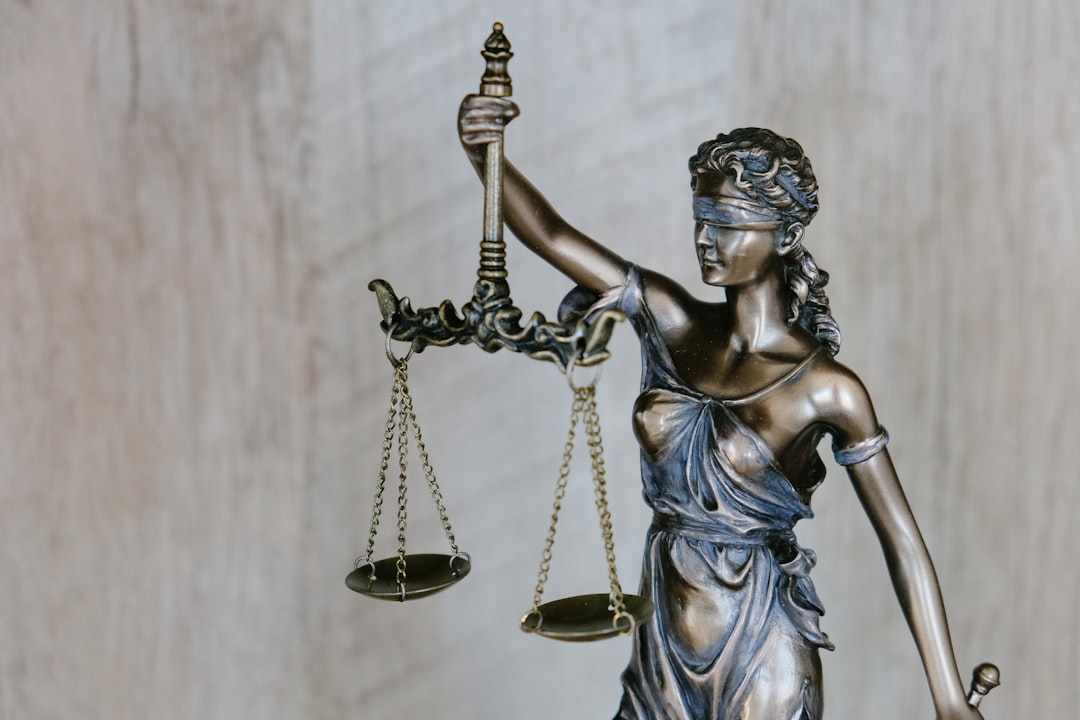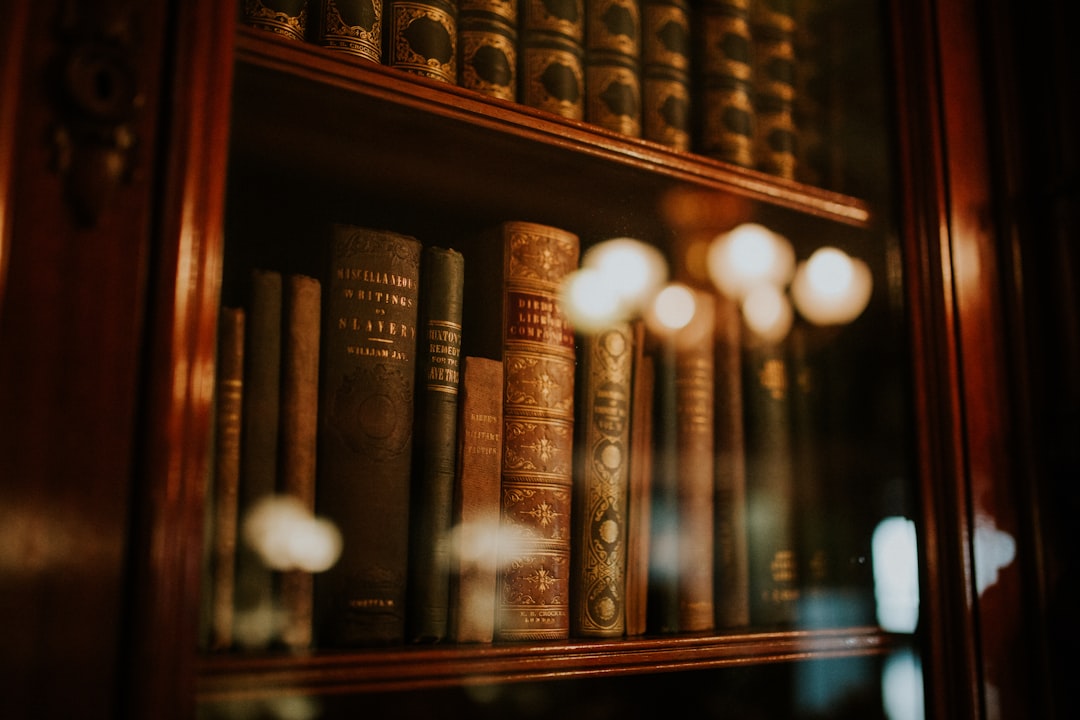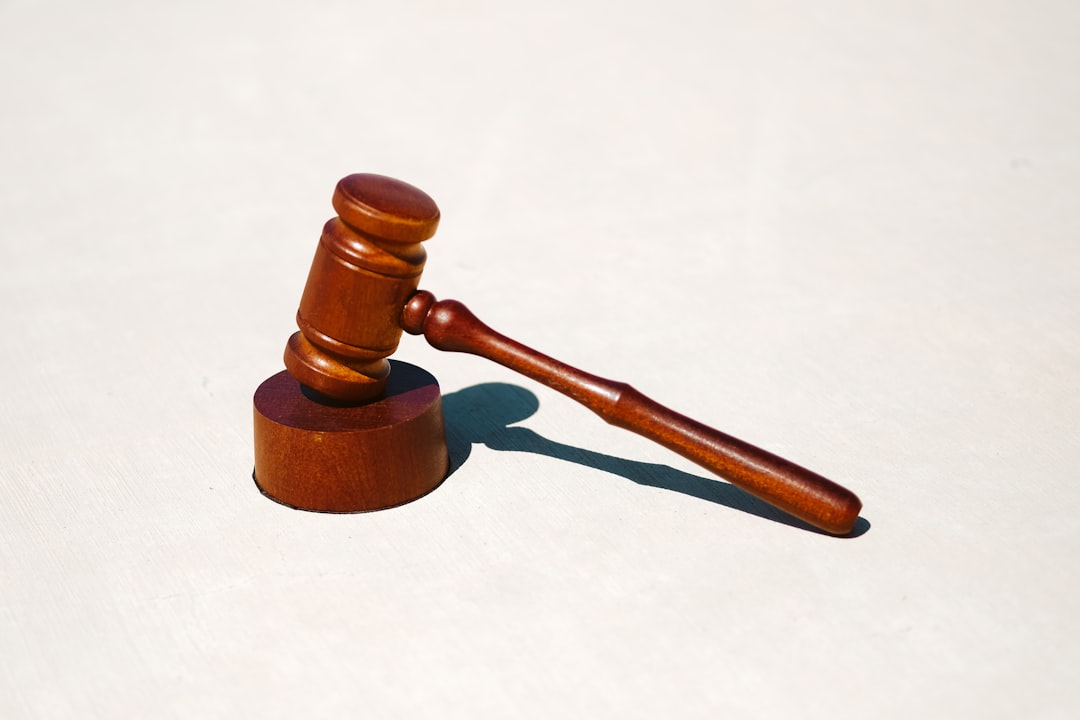Determining liability in Chicago school sexual abuse cases requires proving negligence and breach of duty of care. Key factors include staff training, supervision, and reporting protocols. Schools with inadequate safety measures or employee training may be held liable. Historical scandals highlight the need for robust safety and accountability. Consulting a school abuse lawyer in Chicago, IL is crucial for navigating legal rights and options.
“In Chicago, concerns surrounding sexual abuse within educational institutions have prompted parents and advocates to seek justice and accountability. This article delves into the complex legal landscape surrounding school abuse cases in Illinois, focusing on Chicago’s unique challenges. We explore who can be held liable, including students, staff, or institutions, and examine the role of negligence and duty of care. Historical perspectives highlight notable incidents, while practical guidance navigates the steps to pursue a claim against Chicago schools for those seeking legal recourse as school abuse lawyers in IL.”
Understanding Chicago's Legal Landscape for School Abuse Cases
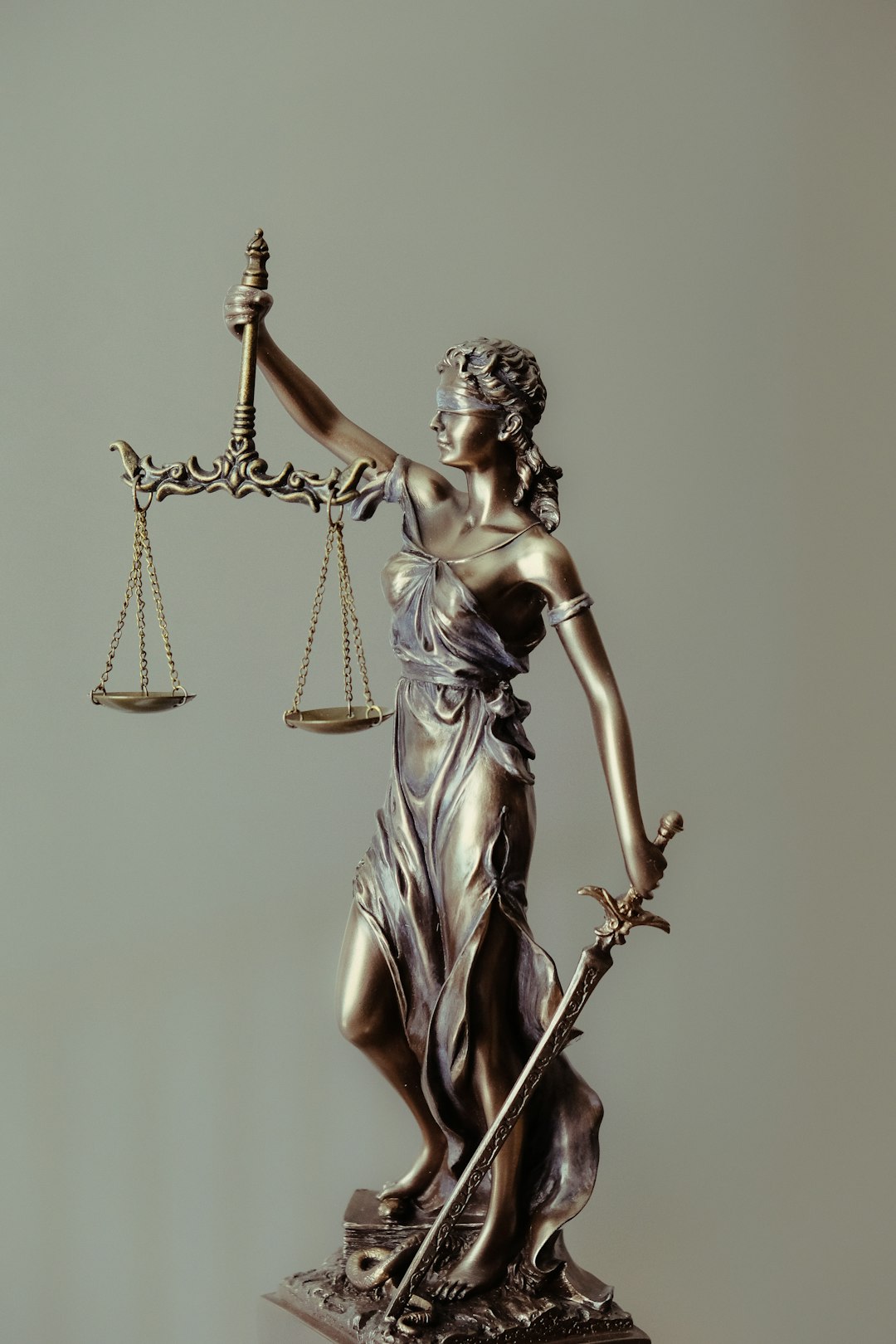
In Chicago, navigating the legal landscape surrounding school abuse cases requires a deep understanding of both state and local laws. If a student has experienced sexual abuse within a Chicago public or private school, it’s crucial to consult with a seasoned school abuse lawyer in Chicago, IL. These attorneys specialize in navigating complex legal procedures and advocating for victims’ rights.
Illinois has specific statutes and regulations that govern how educational institutions handle allegations of abuse. The law requires schools to have policies in place for reporting, investigating, and addressing instances of misconduct. A knowledgeable school abuse lawyer will help interpret these laws and determine whether a school’s actions—or inaction—amount to negligence or intentional harm. This is particularly important when seeking legal recourse against the institution and holding them liable for any role they played in facilitating or failing to prevent the abuse.
Who Can Be Held Liable: Students, Staff, or Institutions?

When it comes to addressing sexual abuse within Chicago schools, determining liability is a complex matter. While individual cases may vary widely, understanding who can be held accountable—students, staff members, or educational institutions themselves—is crucial for victims seeking justice and closure.
In many instances, school-related sexual abuse involves a power imbalance between students and staff. This dynamic raises questions about the institution’s role in preventing and addressing such incidents. Educational facilities have a legal obligation to provide a safe learning environment, which includes implementing robust policies and training to safeguard students from potential abusers, whether they are current employees or volunteers. A Chicago school abuse lawyer can help victims navigate these complexities and understand their rights under the law.
The Role of Negligence and Duty of Care in School Abuse Lawsuits

In school abuse lawsuits, establishing liability often hinges on proving negligence and a breach of the duty of care. A crucial element in determining responsibility is whether the school or its staff exhibited a lack of reasonable oversight, leading to the sexual abuse of a student. Negligence claims in Chicago schools focus on factors like staff training, supervision, and reporting protocols. If a school fails to implement robust safety measures or adequately train employees to recognize and respond to potential threats, it may be held liable for any resulting harm.
The duty of care is another critical aspect, mandating that institutions, including schools, exercise a level of caution towards students in their charge. This involves creating a safe environment, conducting thorough background checks on staff, and establishing clear policies for student welfare. When schools neglect these duties, they create opportunities for abuse to occur, making them potentially liable for any subsequent legal actions brought by victims or their families, as evidenced by the work of experienced school abuse lawyers in Chicago, IL.
Historical Perspective: Notable School Abuse Scares in Chicago
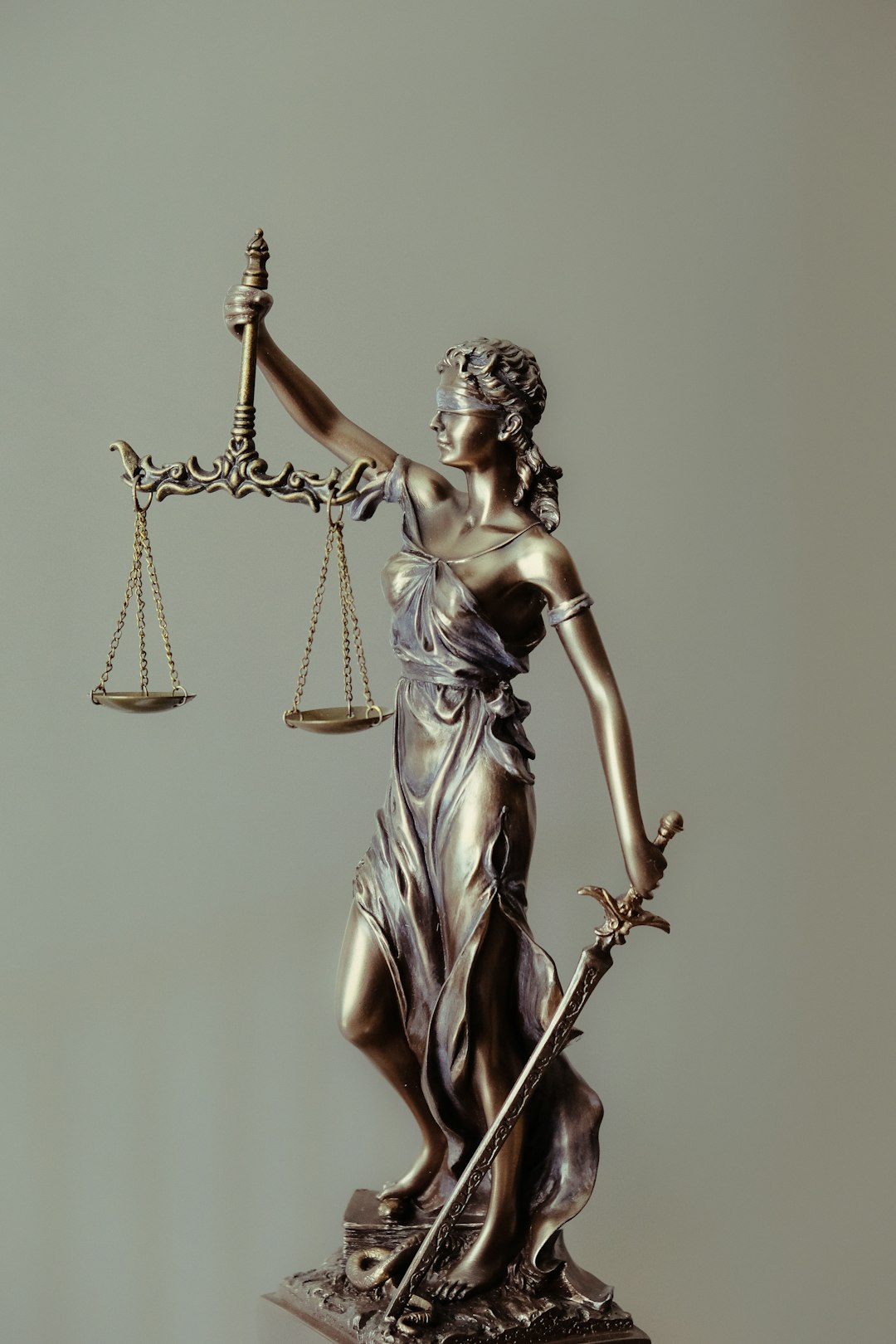
In recent years, the topic of sexual abuse within educational institutions has gained significant attention, especially after several high-profile cases in Chicago have brought this issue to the forefront. However, examining historical perspectives reveals that these incidents are not new but rather a recurring concern. Notable school abuse scandals in Chicago date back decades, each serving as a stark reminder of the need for stringent safety measures and accountability.
One of the most infamous cases occurred in the 1990s when multiple teachers were accused of sexual misconduct with students, leading to widespread outrage and calls for reform. This era sparked a series of legal actions against schools and educators, prompting a reevaluation of policies and procedures. As a result, Chicago, like many other cities, implemented stricter protocols aimed at preventing and addressing such atrocities, yet the need for continuous vigilance remains evident, as evidenced by recent school abuse lawyer Chicago IL cases that highlight the enduring struggle to protect students from predatory behavior within their trusted learning environments.
Navigating the Process: Steps to Pursue a Claim Against Chicago Schools
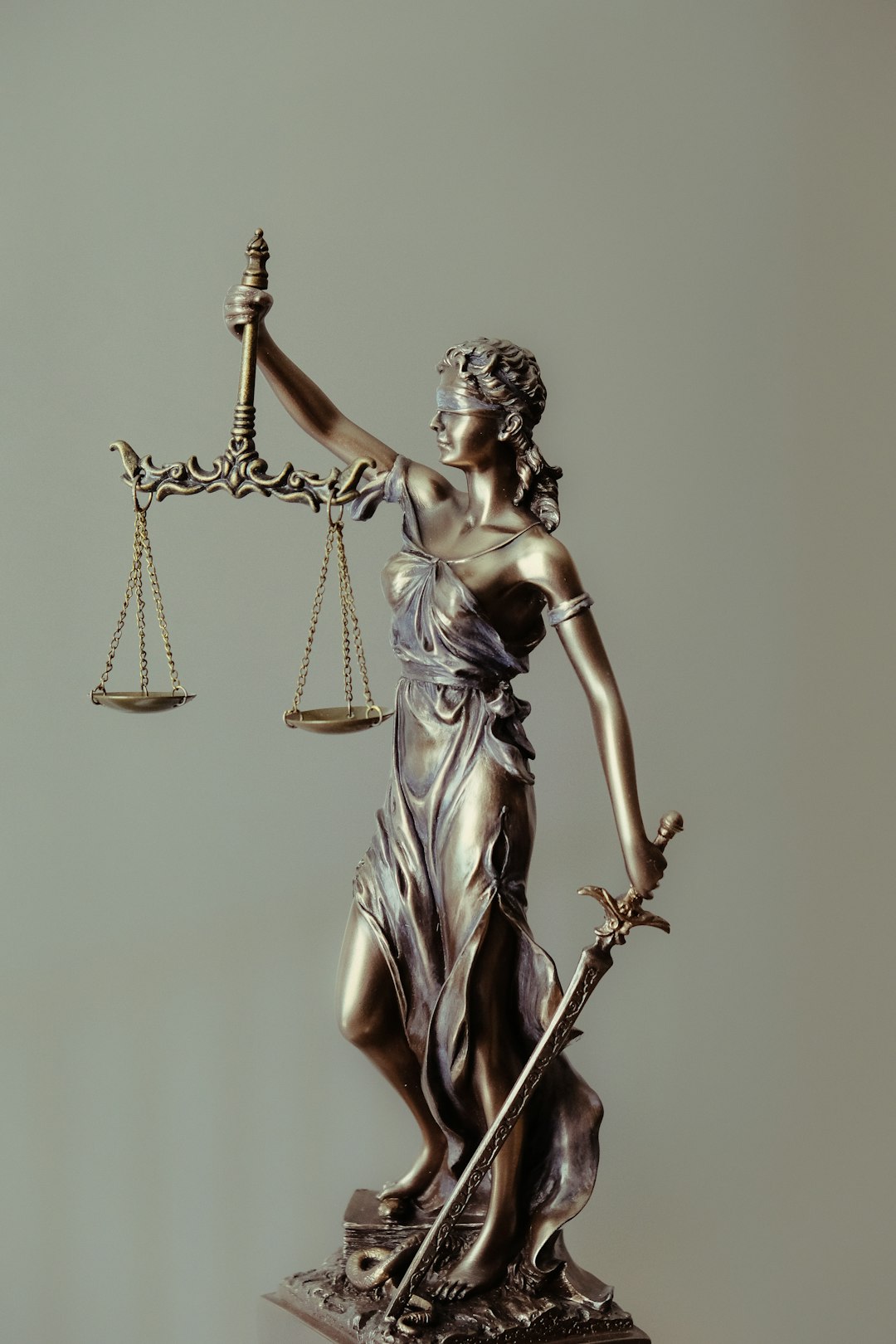
Navigating the process of pursuing a claim against Chicago schools for sexual abuse involves several crucial steps. The first step is to gather all relevant information and evidence related to the incident, including dates, locations, and names of witnesses or individuals involved. It’s essential to consult with an experienced school abuse lawyer in Chicago, IL, who can provide guidance tailored to your situation. They will help you understand the legal options available and the best course of action.
Next, you’ll need to familiarize yourself with the applicable statutes of limitations and legal procedures specific to Illinois. Your lawyer can file a formal complaint with the appropriate authorities and ensure that all legal paperwork is completed accurately and within the required timeframes. This process requires careful documentation and strategic planning to protect your rights and increase the chances of a favorable outcome.


